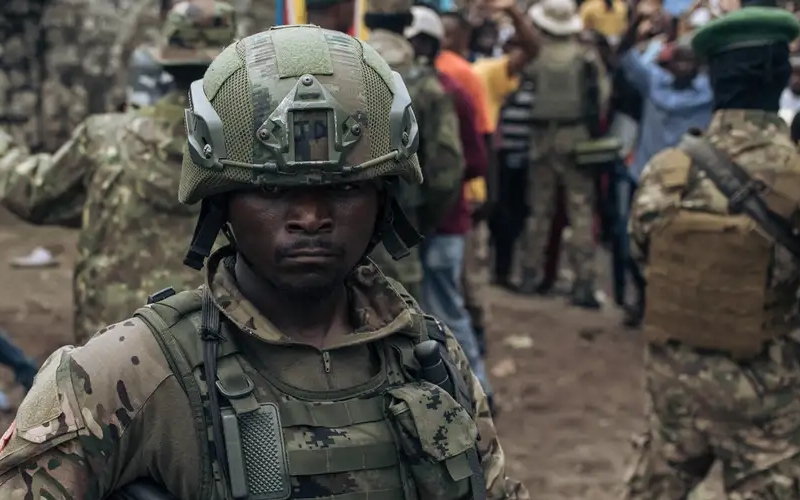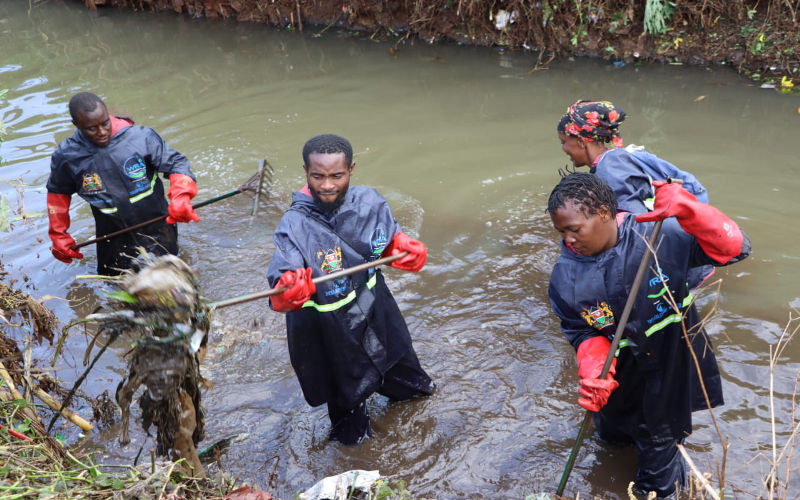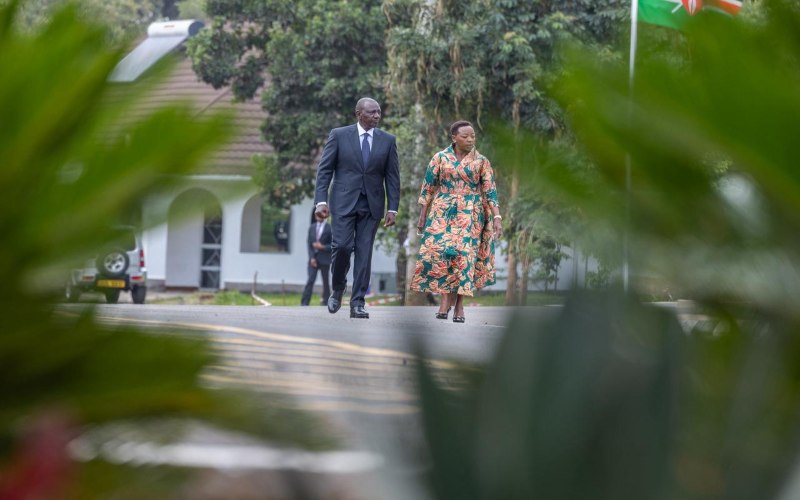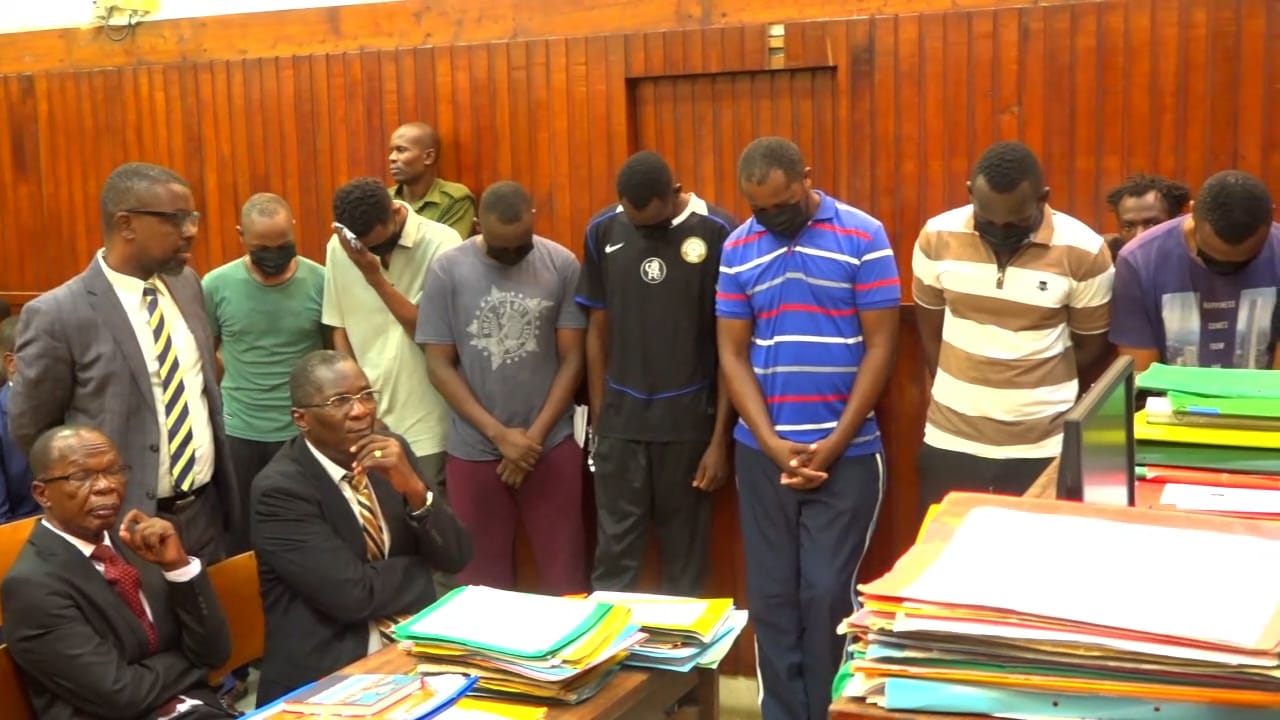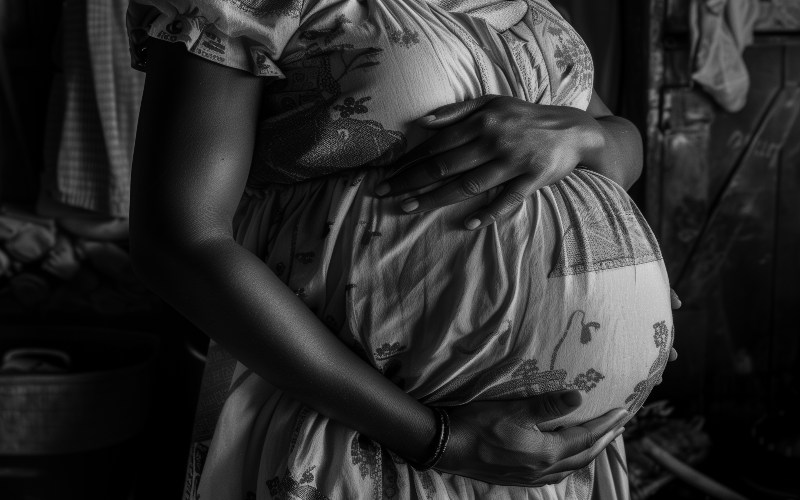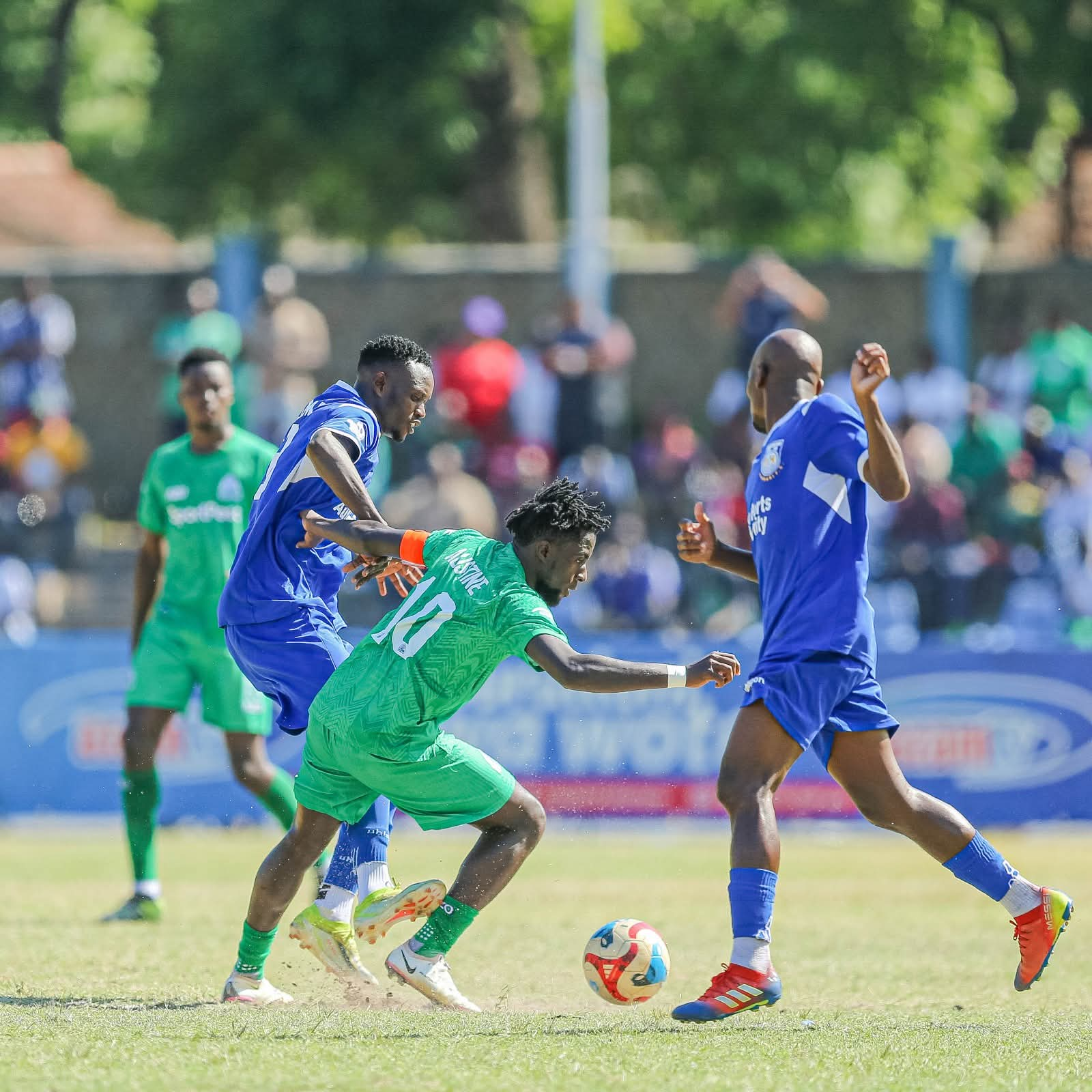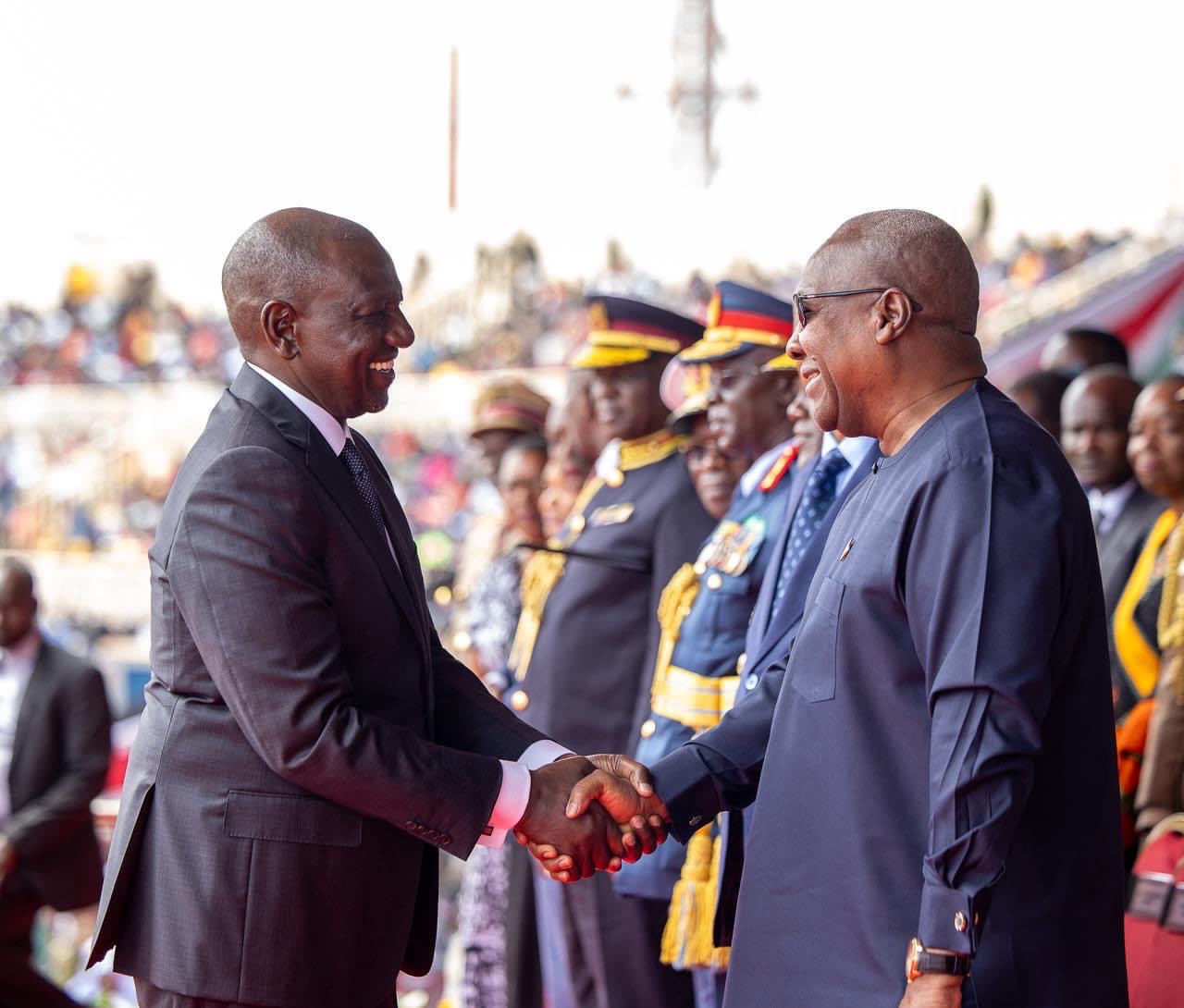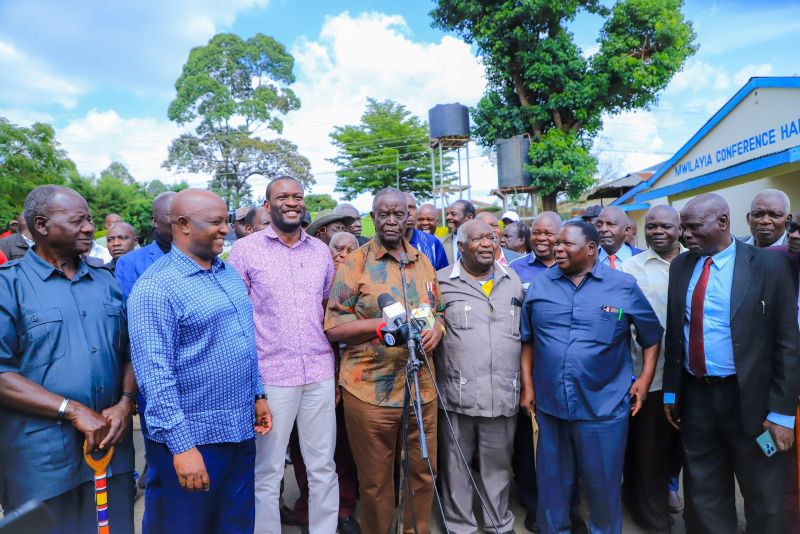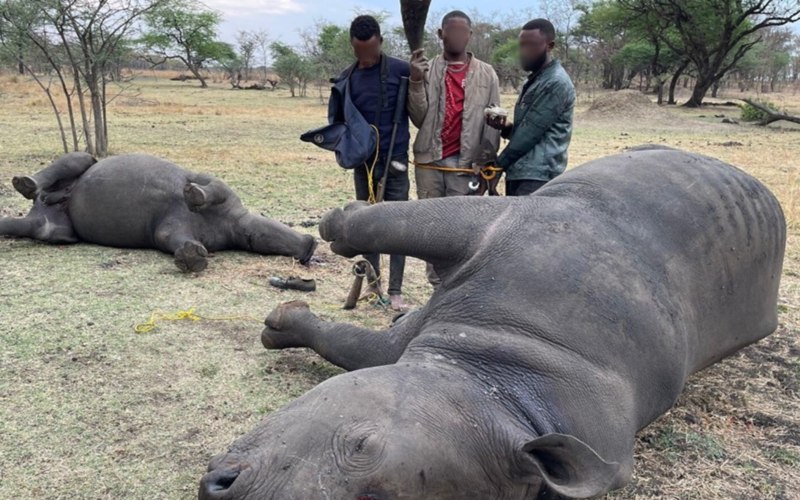Haiti creates council tasked with holding first elections in a decade
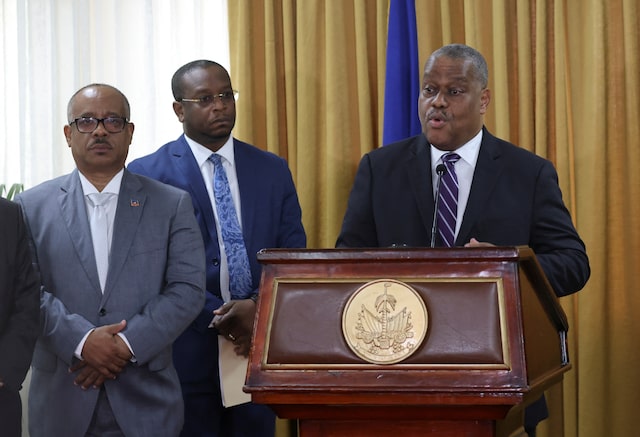
Just Kenya and Jamaica have deployed forces to Haiti so far as part of the U.N.-backed anti-gang offensive, which is set to expire at the start of October if its mandate is not renewed later this month.
Haiti's government on Wednesday created a provisional electoral council, marking the most concrete step toward reviving the electoral process in years after political turmoil and later violence thwarted previous attempts.
The Caribbean nation is set to hold elections by 2026, a decade after they were last held in 2016.
More To Read
- 230 Kenyan officers arrive home from Haiti as nation honours their heroic service
- 230 Kenyan police officers arrive in Port-au-Prince to reinforce UN-backed GSF
- ‘Kenya can’t do it alone’: US urges more nations to join Haiti’s Gang Suppression Force
- Gang Suppression Force denies reports of Kenyan police deaths in Haiti
- Security Council renews Haiti sanctions
- 5.7 million people face food insecurity in Haiti
Under normal circumstances, elections would have been held every five years, but an already rocky political situation in Haiti was exacerbated by the power vacuum caused by the assassination of President Jovenel Moise in 2021 and the nation has gone without a president since.
Armed gangs have also since spread their control over some 80 per cent of the capital Port-au-Prince and most other parts of the nation.
The council created on Wednesday already has representatives for seven seats that represent religious groups, journalists, farmers and unions, the prime minister's office said.
Two other seats, one for human rights organizations and another for women's rights organizations, still lack a delegate, the office said on X.
Legal framework
The council will be tasked with laying out the legal framework to hold elections and then planning them.
Haiti's transitional presidential council - a separate body which has been acting as the government since it was installed in April - established the electoral council in a meeting. The presidential council's mandate expires in February 2026, by when elections must be held.
A previous electoral council had been dissolved in 2021 under Prime Minister Ariel Henry, who took office after Moise's death but was forced out of his post earlier this year after he left the country to seek support for an international security mission and was unable to re-enter Haiti.
In Haiti, executive power is meant to be split between the president and the prime minister. The interim government in May tapped Garry Conille as prime minister.
However, both councils face an uphill battle in bringing stability back to Haiti.
Just Kenya and Jamaica have deployed forces to Haiti so far as part of the U.N.-backed anti-gang offensive, which is set to expire at the start of October if its mandate is not renewed later this month.
The mission could also be converted into a formal U.N. peacekeeping operation, which would ensure funding and the longevity of the mission, a draft resolution showed.
Top Stories Today


